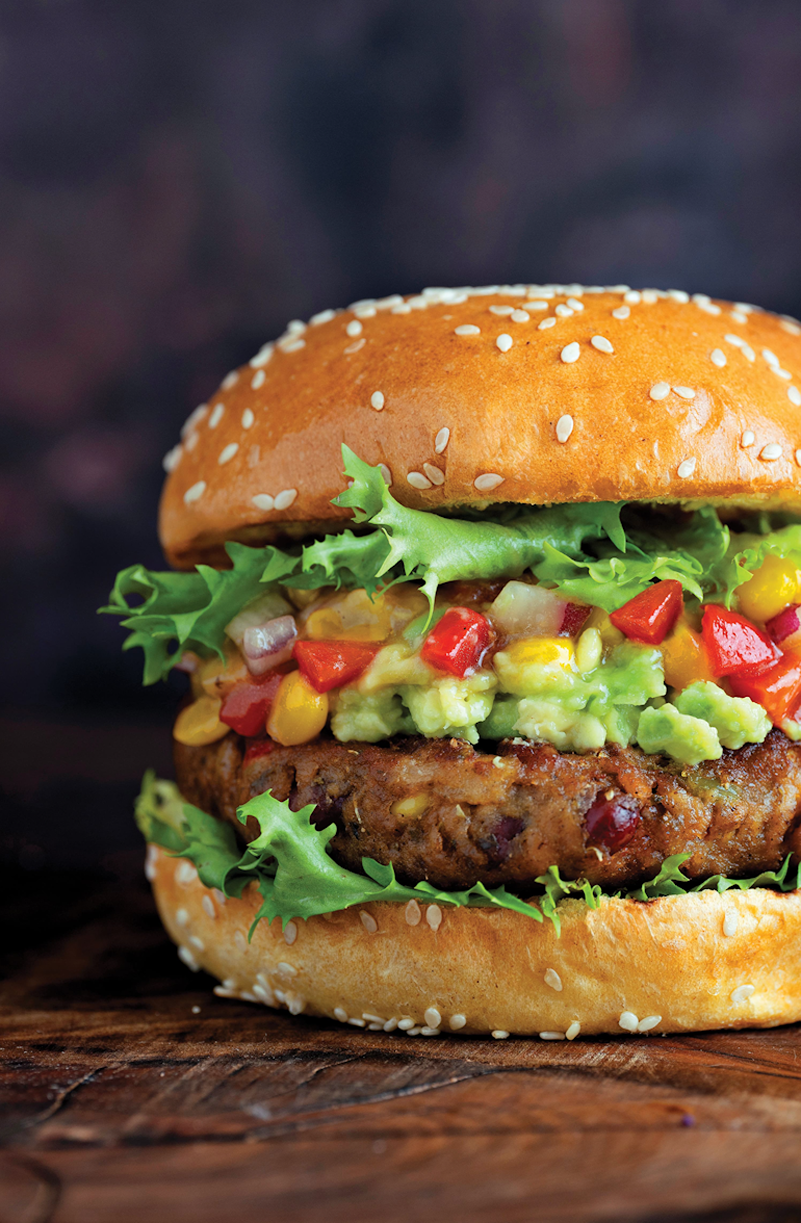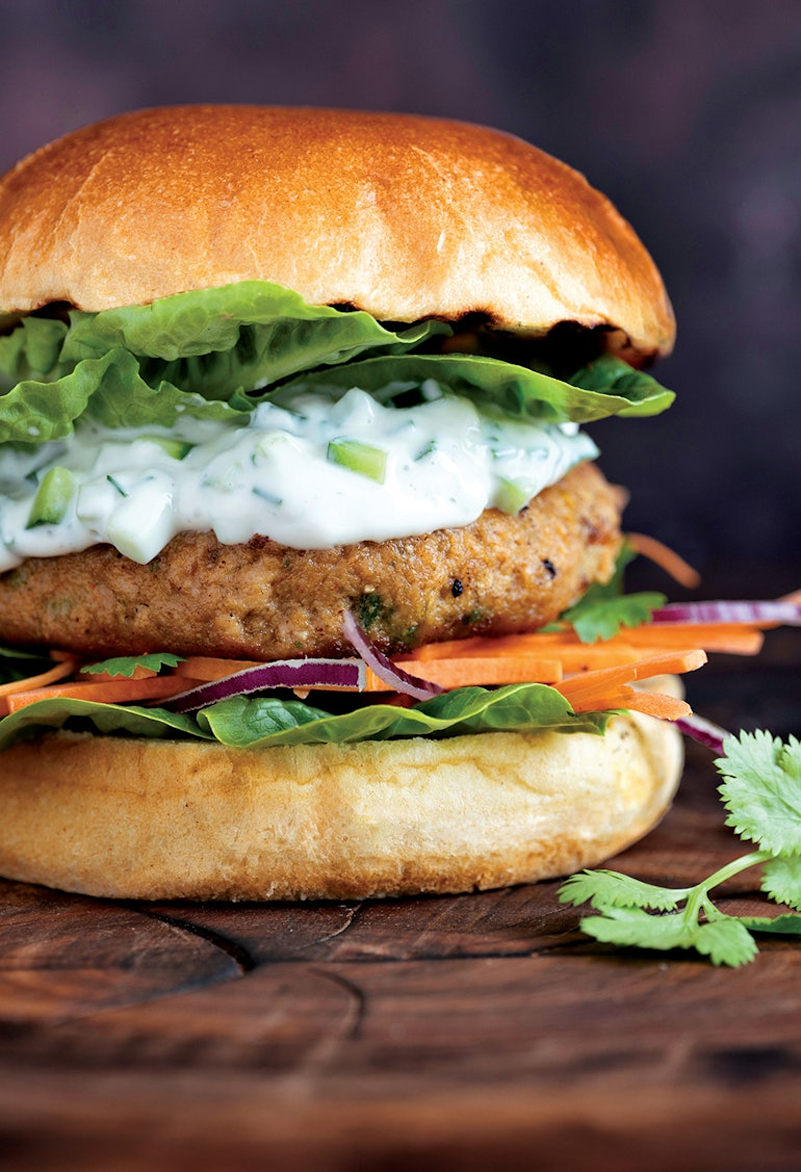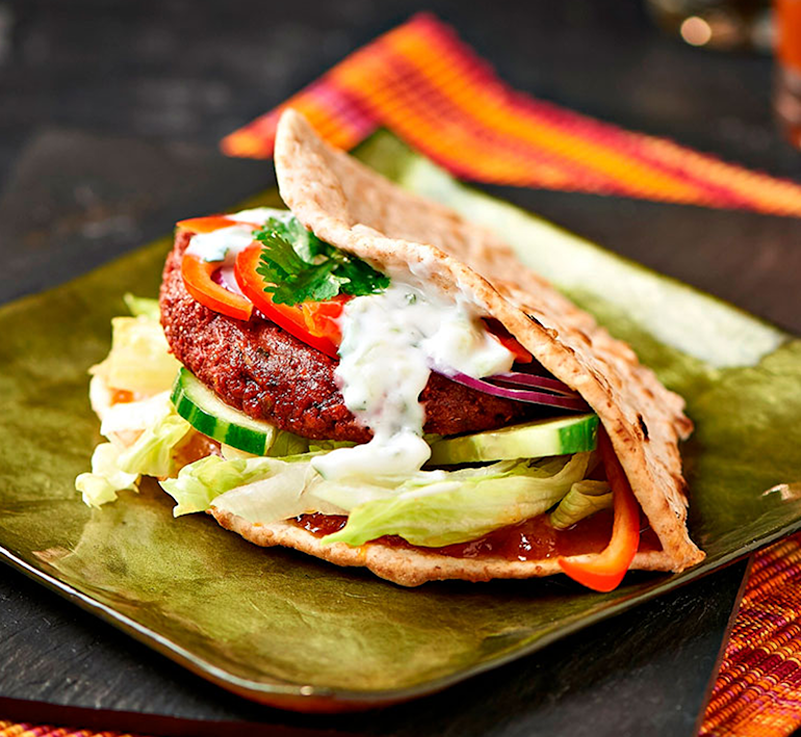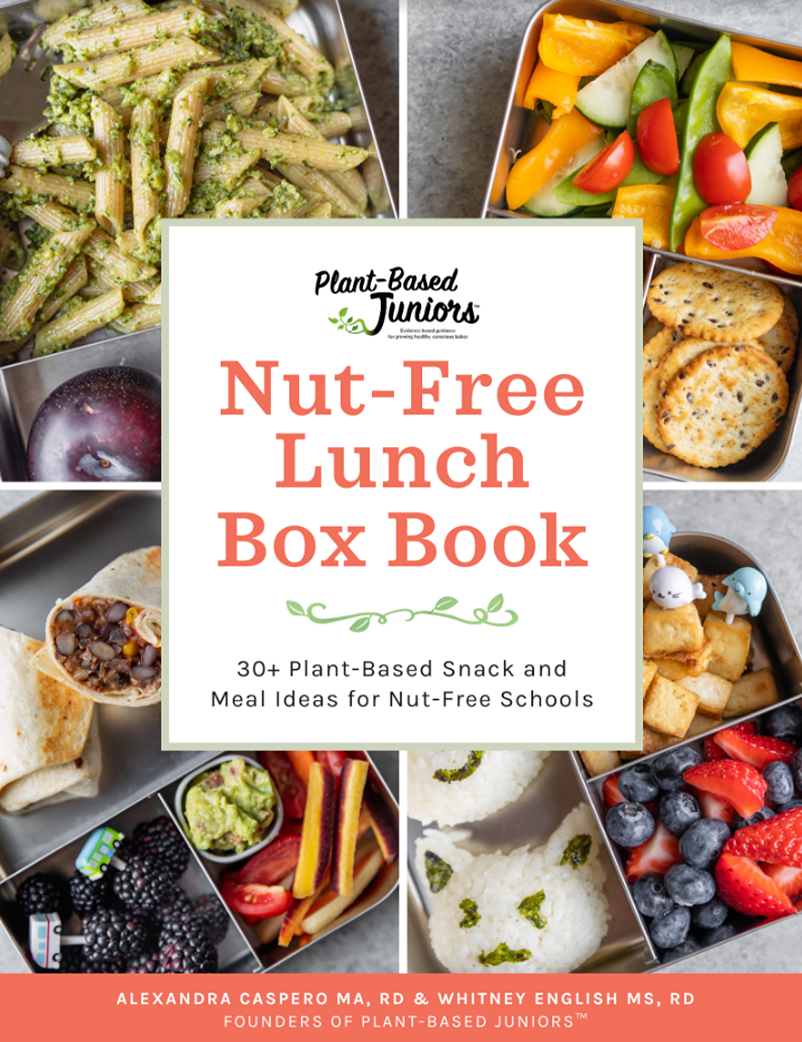Organic, Local and Healthy School Food

School food is a lot better than it used to be, but it still leaves a lot to be desired.
Read info by dietitians on food allergens (they say the top 8 allergens of milk, eggs, soy, shellfish, fish, peanuts, tree nuts and wheat account for around 90% of all allergens, the others being mustard or sesame seeds).
Before cooking, read up on food safety for people and pets. Just bin allium scraps (onion, leeks, garlic, shallots, chives) along with rhubarb, tomato and citrus scraps, as acids may harm compost creatures.
Plant-Based Food for School Caterers

Forest Green Kitchen offers plant-based foods for schools, caterers and football clubs (the company was founded by the owner of England’s first vegan football club!)
Made in Gloucestershire, the food is free from all major food allergens (and soy) and sold in compostable and recyclable packs. And contains no air-freighted ingredients. Offerings are all high in protein and include:
- Shiitake mushroom burgers
- Jamaican jerk burgers
- Spicy vegan balls

Choking Hazards for Children & Pets
Choking hazards should be avoided for children and people with swallowing difficulties (and allergies). Also keep small toys off the kitchen floor where toddlers and pets could find them.
Learn how to help someone who is choking. Foods to avoid include:
- Nuts, Seeds & Nut/Seed Butters (avoid for under 5)
- Chia seeds (soak in liquid first, if used)
- Dry Bread, Crackers & Croutons
- Crumbly Foods (pies & biscuits)
- Peas, Grapes, Cherry Tomatoes, Cherries (even sliced)
- Carrot Sticks
- Sausages (slice lengthwise & again, for older children)
- Foods with Seeds (raspberries etc)
- Boiled Sweets
- Sticky Foods (some cheese, marshmallow, mochi)
- Tough Foods (steak, bacon, skin/bone/gristle)
- Stringy Foods ((beans, rhubarb)
- Floppy Foods (lettuce, cucumber, spinach)
- Chia seeds (mix with water first, if using for others)

The Nut-Free Lunch Box Book is written by two American plant-based dietitians, which not only has 30 easy recipes, but information for navigating nut-free schools and playgrounds.
What’s Happening with School Food in England?
It’s the law for schools to offer plant-based meals to those who ask. Some MPs have complained that offering plant-based meals is harming the livelihoods of farmers. But most ‘junk school food’ comes from big factory-farming brands.
In Sussex, Our Lady of Sion is an independent school that’s partnered with Plant-Based School Kitchens to offer a six-week menu with fresh food (children can bring packed lunches if wished). But most children opt for this food.
Across the pond, California’s MUSE Global School serves plant-based food to children, often grown in raised beds, via a Seed to Table program.
A worrying survey by British Nutrition Foundation found the following disturbing answers amid primary school pupils:
- A third thought cheese was made from plants
- 25% thought fish fingers were from chicken or pigs
- A third of younger children thought pasta & bread were made from meat
- Almost 20% of younger children did not know potatoes grew underground. 10% thought potatoes grew on trees!
Yet nearly all children know that we’re supposed to eat at least ‘five-a-day’ showing that information does get through, if campaigns are run well. But (wrongly), 20% of children thought canned versions don’t count (they do – a can of peas is fine if you can’t find fresh).
Many children also skipped breakfast, often due to poverty. This not only is bad for health, but also means less ‘brain fuel’ as studying.
Years ago, all schools offered cookery classes, but these have fallen by the wayside for state schools. Yet just like first aid and swimming, learning to cook (and budget) are essential skills that should be up there with maths and English.
Learning how to make a meal with fresh ingredients (and knowing how to balance a tiny income) is far more important, than using a protractor to estimate the angle that a triangle goes up against a wall.
Helping Children Who Cannot Afford to Eat
If your child qualifies for free school meals, this kicks in other goodies like the Holiday Activity & Food Program (clubs arts, sports, drama and music) and food vouchers from councils.
If you receive Universal Credit, apply for Healthy Start Vouchers which can be used to buy fresh, frozen or tinned fruits and veggies (or fresh, dried or tinned pulses).
One worrying concern is that the government appears to off-load responsibility to private business. It consults with a fast food restaurant on school meals, and leaves Greggs (that makes tasteless vegan sausage rolls with palm oil) to run many free breakfast clubs.
Did you know that after Jamie Oliver’s campaign, Turkey Twizzlers are back? The Children’s Food Campaign says that the new versions (which are still made with factory-farmed processed meat) are still not good enough.
One former teacher found a boy stealing sweets from the desk. When asked why, he said he nor his sister had eaten for three days. Jack Monroe (food poverty campaigner)
One Tory MP recently said there was ‘not a massive need for food banks, as people cannot cook properly nor budget’. The basic salary of an MP is £86K. He may be unaware that to use a food bank, you have to supply a letter from your GP or social worker. You can’t just ‘roll in’ and help yourself to donated food.






